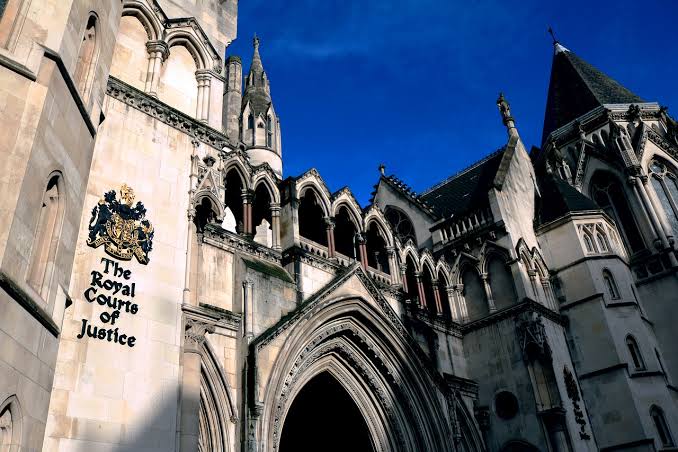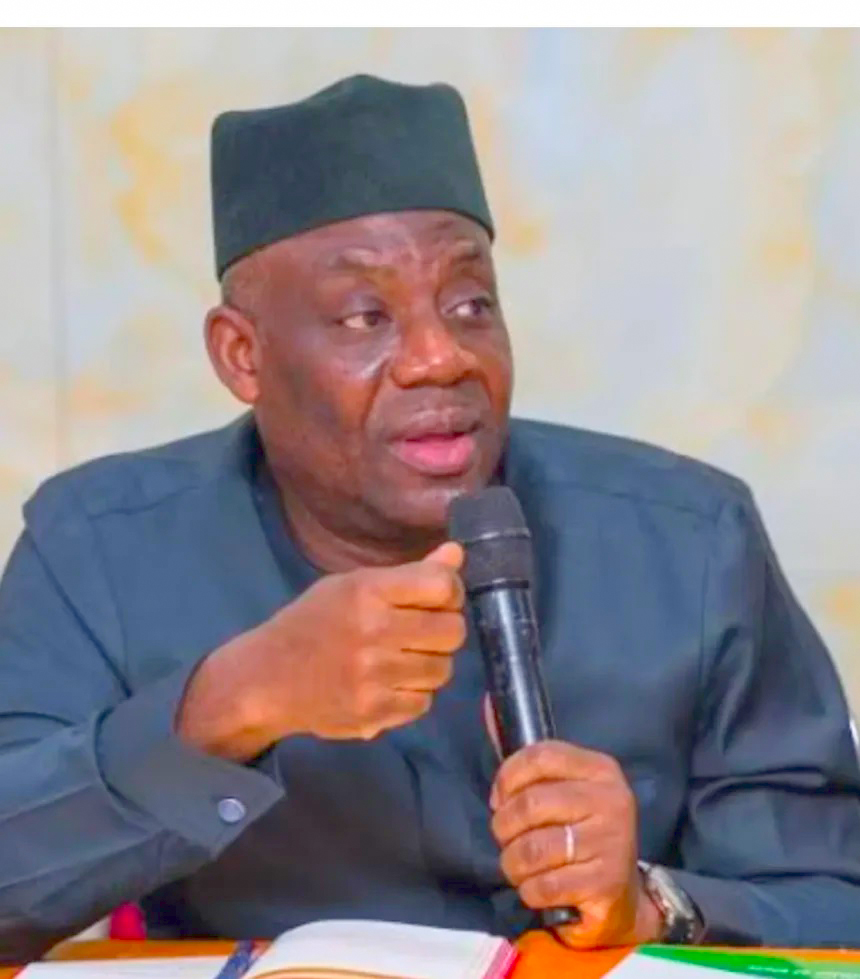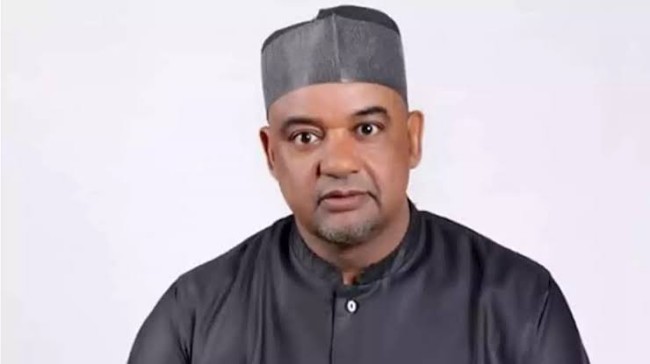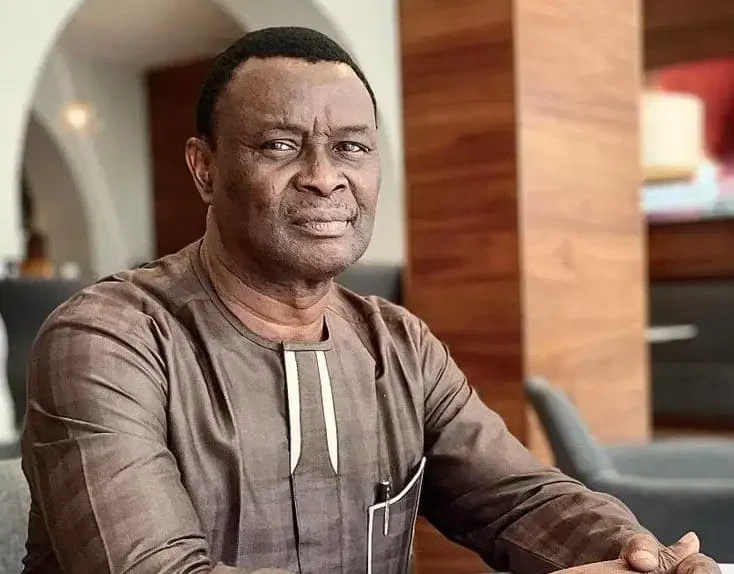A new report from global technology leader Ericsson highlighted that 35 percent of 5G users are willing to pay for premium services that exceed standard 5G offerings, driven largely by the demand for seamless performance in high-traffic areas and GenAI applications.
Ericsson’s findings revealed that consumer expectations are shifting; 5G users are not only seeking improved network quality but are also prepared to pay up to 35 per cent more for “differentiated connectivity” that assures consistent, high-speed performance. Performance-sensitive activities like video calling, streaming, and generative AI are particularly driving this trend, opening new revenue opportunities for telecom operators.
The report indicated that by investing in premium connectivity options, telecom companies could see revenue increases of 5-12 per cent. Ericsson suggested these operators could capitalise on this demand by introducing quality-on-demand APIs for application service providers, a strategy that could unlock innovative monetisation paths.
“Today, 5G users are looking for performance assurance on core services like video calls and streaming, while GenAI users are even more eager to pay a premium that is 35 percent higher than these core services,” Ericsson reported, underscoring the expanding role of high-performance connectivity in everyday digital experiences.
Ericsson also found that network quality is essential in consumers’ daily routines, with expectations for uninterrupted, high-speed access—especially in crowded environments like stadiums, transport hubs, and malls.
Forty two per cent of 5G users expressed a desire for improved connectivity in these high-traffic locations.
Additionally, user satisfaction has notably increased with 5G, with 38 per cent of 5G customers reporting high satisfaction levels—a 10-point improvement over 4G users.
In Nigeria, three telecom companies have launched 5G, though only MTN and Airtel are actively expanding services. MTN pioneered 5G in September 2022, followed by Airtel in May 2023, with both companies leading the country’s rollout. According to September 2024 data from the Nigerian Communications Commission (NCC), 5G penetration in Nigeria reached 2.19 per cent while 4G held a significant share at 44.96 per cent.
Ericsson’s report indicated a strong trajectory for 5G adoption globally, with telecom providers well-positioned to tap into the premium market that 35 per cent of 5G users are increasingly willing to invest in.

 1 week ago
2
1 week ago
2















 English (US) ·
English (US) ·